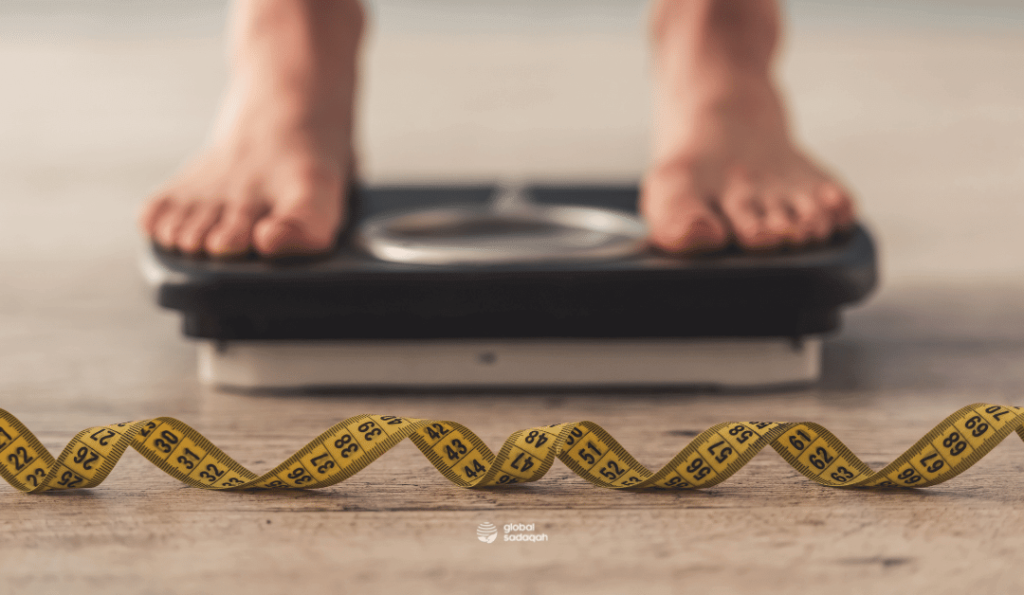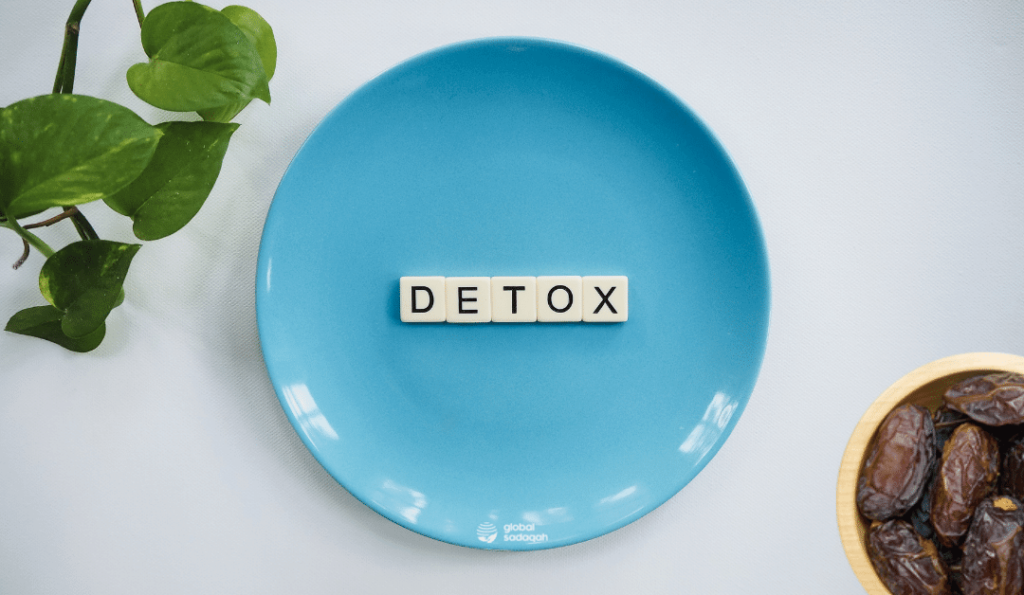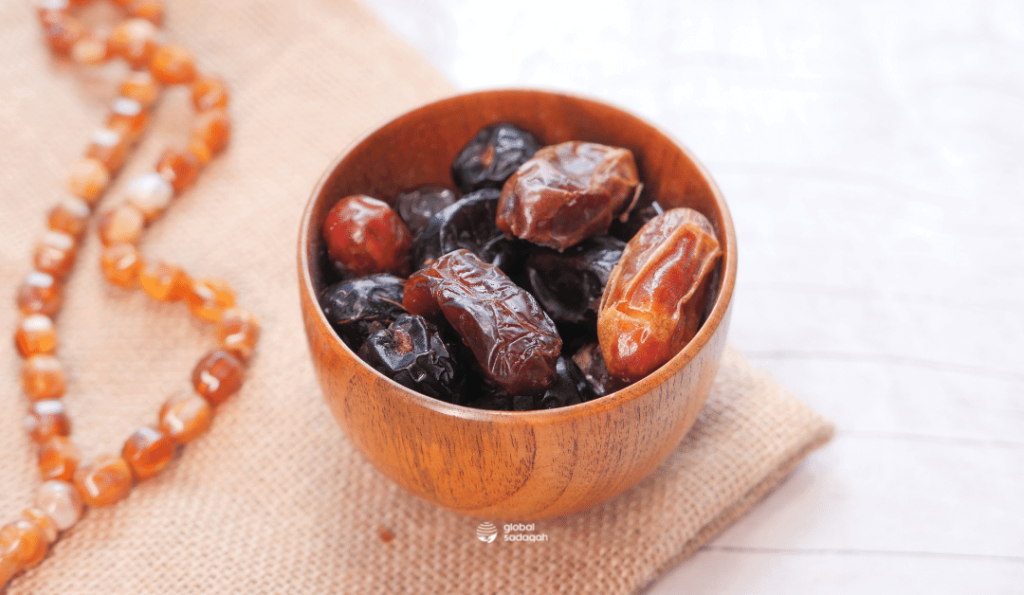With Ramadan approaching us in less than three months, Muslims around the world are preparing to fast. In obedience to the command of Allah they will abstain from food and drink, amongst other things, during the days of the holy month.
Fasting is more than just a religious duty for a Muslim and it is mentioned in the Quran that:
..And that you fast is better for you, if only you knew. [Al-Baqarah, 2:14]
Other than the religious obligations upon Muslims during the holy month of Ramadan, fasting actually has countless health benefits that many of us overlook or are not aware of. Fasting has its advantages from the point of view of health and hygiene. Islam teaches a Muslim to be healthy, clean, alert, agile and energetic. Physicians today acknowledge the many benefits of fasting that ensure health and the soundness of one’s body and mind.
For starters, there’s some evidence that fasting can reduce the amount of lipoprotein or “bad” cholesterol in the bloodstream and improve the way your body metabolises sugar, which can reduce the risk of heart diseases.
According to research, fasting may improve blood sugar control, which can guard one against cardiovascular diseases and reduce cholesterol, as well as reduce the risks of heart attacks or stroke. If people continue to follow a healthy diet after Ramadhan, this newly lowered cholesterol level should be easy to maintain.
Retated: Second Ramadan In Pandemic: How have things changed?
Fasting aids weight loss

A team of researchers in Texas recently conducted a study on intermittent fasting, and found that time-restricted fasting by going through periods with little or no food, will reduce inflammation, improve blood lipids and help in weight loss.
When we fast, our cells are put in stress and this can help to lose weight as fat is used as a source of energy. This helps to maintain the blood sugar and cholesterol levels. During the period of fasting, the human body starts burning calories more slowly. It switches from utilising carbohydrates as its primary fuel to using fats, ensuring a constant source of energy for the body.
Fasting also causes the stomach to steadily shrink, meaning we will most likely eat less food to feel full. To achieve optimal results in losing weight and maintaining the loss, it is important to choose an effective diet that works in the long run.
Fasting In Ramadan: Detoxifies and reduces toxins in the body

Many chronic diseases have been linked to the toxic burden the human body carries and its inability to remove waste efficiently. The toxins can be in the form of nicotine and other harmful drugs, fats, or cholesterol.
Fasting is a form of detoxification from exposure to unwanted chemicals in food and our environment. To gain more benefit from this detoxification during Ramadan, it is important to follow the sunnah and not sleep throughout the day or practice moderation in consuming food.
In the holy Quran, there is a verse gathering the whole matter of health.
It is: “…Eat and drink but do not be excessive.” [Surah Aa’raf 7:31]
Related : Ramadan Fasting
Fasting In Ramadan re-sets your metabolism
Fasting during Ramadan also gives us a chance to reset our metabolism, forcing the body to work harder during the hours without food and drink, using up fat sources and getting rid of toxins.
It is advisable that we break our fasts with nutritious foods as our body needs them most, and pick healthy, carbohydrate-heavy choices for Suhur (the meal before dawn). This sets the metabolism up for the day to get the most nutrients from food consumed and it will boost energy levels.
Fasting boosts brain power
Fasting can also have a positive impact on our brain productivity. A study carried out by health professionals found that fasting pushes our brains into a state of stress, causing it to produce a protein known as brain-derived neurotrophic factor (BDNF) – which helps to promote brain stem cell rejuvenation.
Generally, fasting takes centre stage during Ramadan, it is not exclusive to the holy month. Many devout Muslims choose to fast on Arafat Day before Eid Al-Adha and each Monday and Thursday, as the Prophet recommended.
Now that we understand better the physical health benefits of fasting, we should all make the most of it. Let’s all make this Ramadan the best one yet, InshaAllah!
Related: Ramadan: The Month Of Mercy

